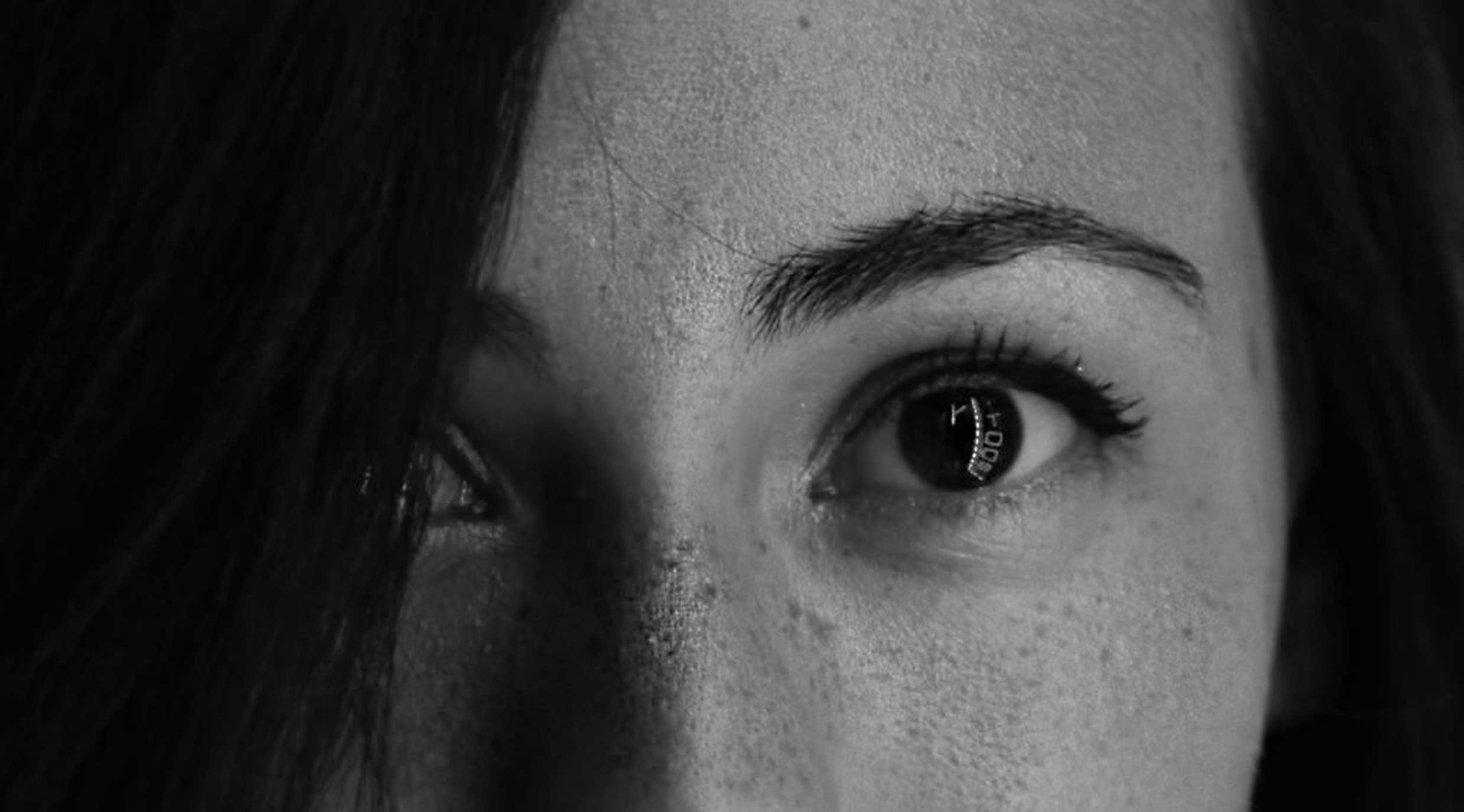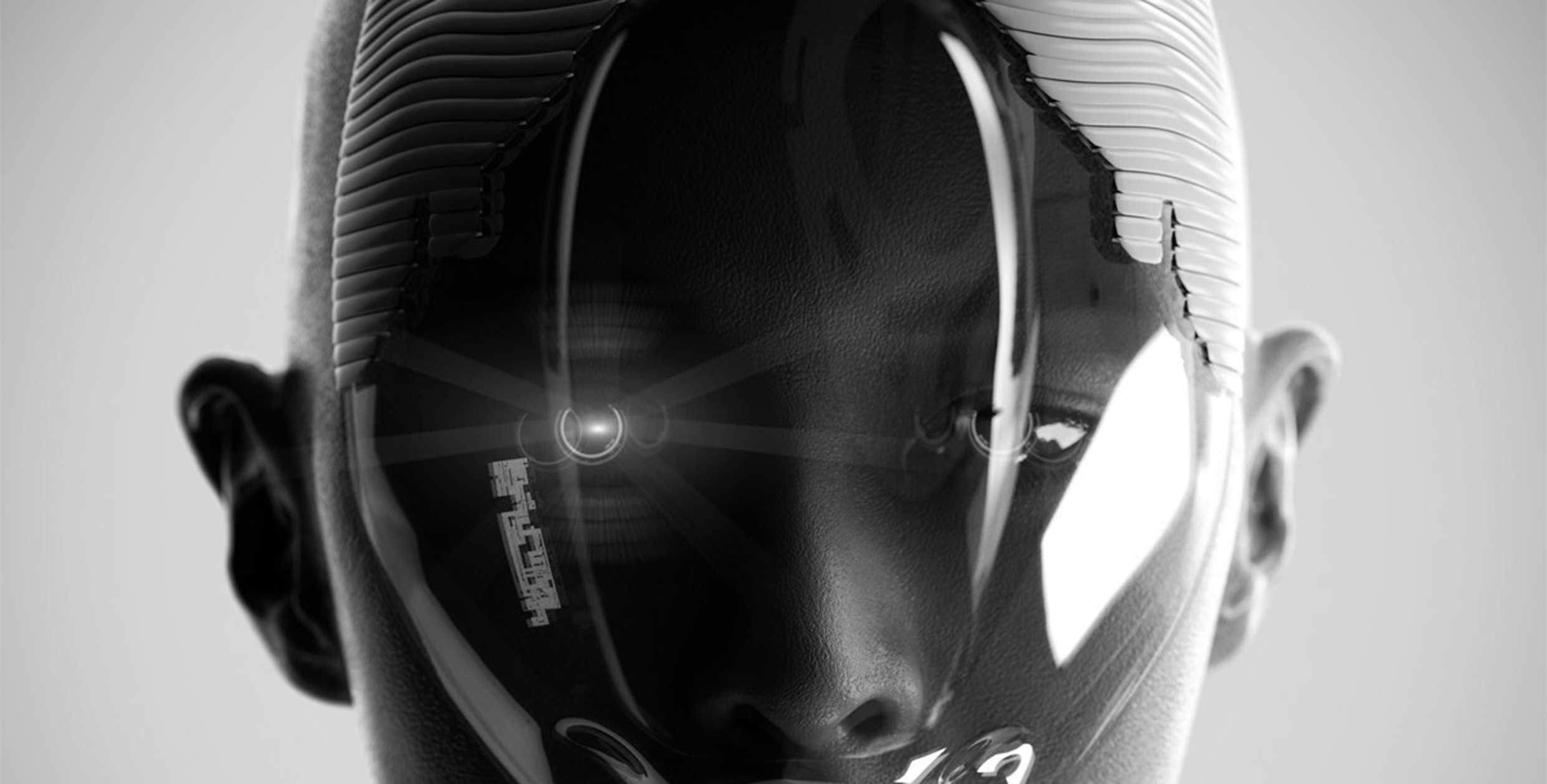You have too many options when it comes to choosing TV shows, Movies, YouTube videos, and other video content. Video content and the future of video has reached massive production levels and yet, the time in your day hasn’t increased alongside it.
As a result, 88% of people are turning to a second-screen experience to maximize their time. Personally, I find myself watching a YouTube video on my laptop while checking Facebook on my phone.
But, this distracted form of entertainment is no way to spend leisure time. So, how will the future of video content transform to accommodate this problem?
Video Content for One
Netflix, HBO Go, Amazon Prime, and other video streaming services are crafting this future of video entertainment through user data.
Every time you pass over a movie to choose a TV show, streaming services learn your habits. Depending on the time of day, the genre, and how long you binge watch, they learn what video content tickles your fancy.
Currently, with all this data on hand, they make suggestions here and there. But, the grander vision is to create personalized content for one (or at least one person that represents a couple thousand people).
Instead of creating many different costly series, focusing their efforts on creating a general storyline that can be altered depending on the viewer would make their investment more versatile.
Deep learning algorithms could piece together different stories for different viewers. For instance, I’m the type of person that loves movies to end vaguely so that I can think about them. But, my mom is more of a closed story, happy ending type of viewer.
Similar to the “choose your own adventure” books you read as a child, AI could alter video content timelines to give everyone what satisfies their taste.
Netflix hates when users feel overwhelmed by options because then they make bad choices. I can’t tell you how many times I’ve browsed movies for a late night watch and come up with a disappointing dud.
That’s why limiting their app to a few choices allows users to get right into viewing. And these few choices won’t be experienced the same for each viewer.
Realistically, though, video content is just a bunch of data…data that can be downloaded directly to your brain.
The Future of Video is all in your head
Companies like Kernel and Neuralink are uncovering secrets about the human brain with a monstrous goal: find a way to connect directly to it without the need for eyes, ears, touch, etc…
These brain-computer interfaces will change the future of communication, but that’s not all. Entertainment is also in their sights.
The future of video content won’t be on a screen, it’ll be in your head. Instead of taking 30 minutes to watch an episode of The Office, you’ll download the experience directly to your brain. In the time it takes to transfer data, you’ll get the euphoric feeling associated with all the jokes and be able to reference scenes at your leisure.
Personally, I love watching documentaries for the facts and in-depth reporting. But, I also don’t have the time or patience to wait on this knowledge. There’s no doubt in my mind I would download a documentary experience directly to my brain.
Will this be the only way to consume video content? No. But, it will be the most efficient.
Since 2009, the number of scripted TV shows has nearly doubled from 211 to 412. This doesn’t include the thousands of mainstream and indie movies, documentaries, and YouTube content available.
Staying culturally relevant around your friends means juggling all the shows you want to watch with the ones everyone else is raving about. That’s why downloading video content experiences will be the only way to stay culturally relevant in the coming decades.
Netflix jokingly previewed a future of video where screens are implanted in our eyes to watch videos all day. But, that’s a dull future.
Even though the future of video looks to capture our every free minute, this isn’t necessarily a waste of time.
Wasting time
How we spend our time is a gift given to each of us. There is no right or wrong way dictated by law, ethics, or other people.
You are the only judge of your time. That means you can view distractions as time well spent to deal with emotions. Or you can regret falling prey to your distractions.
So, instead of looking at your distractions as putting something else off. Ask yourself if you enjoyed it.
John Lennon said, “Time you enjoy wasting, is not wasted time.”
Don’t fall into the trap of viewing productivity as distraction free, or you’ll never find time to decompress.
I’m glad you took the time to indulge in this article (distraction). Take a moment to share this article (distraction) with friends using the share buttons below.
If you aren’t already signed up for my weekly Quick Theories newsletter and would like to receive an article just like this next week, you can sign up here: quicktheories.com


